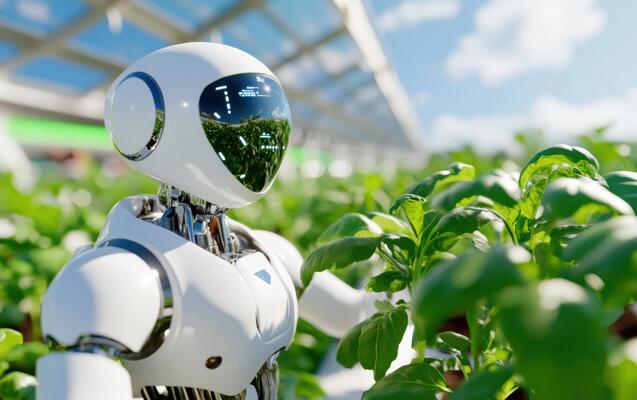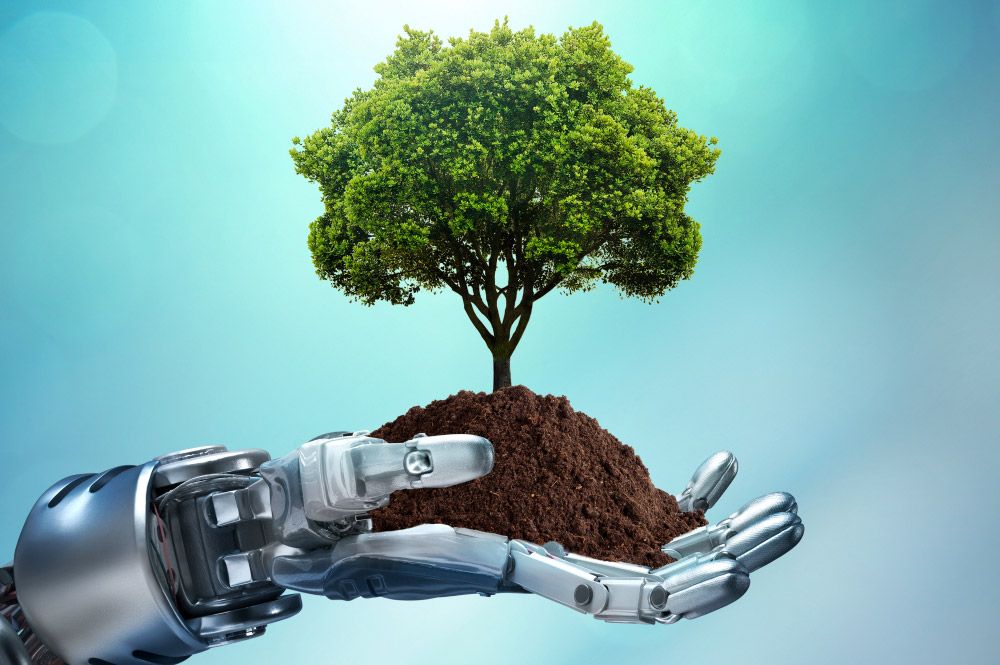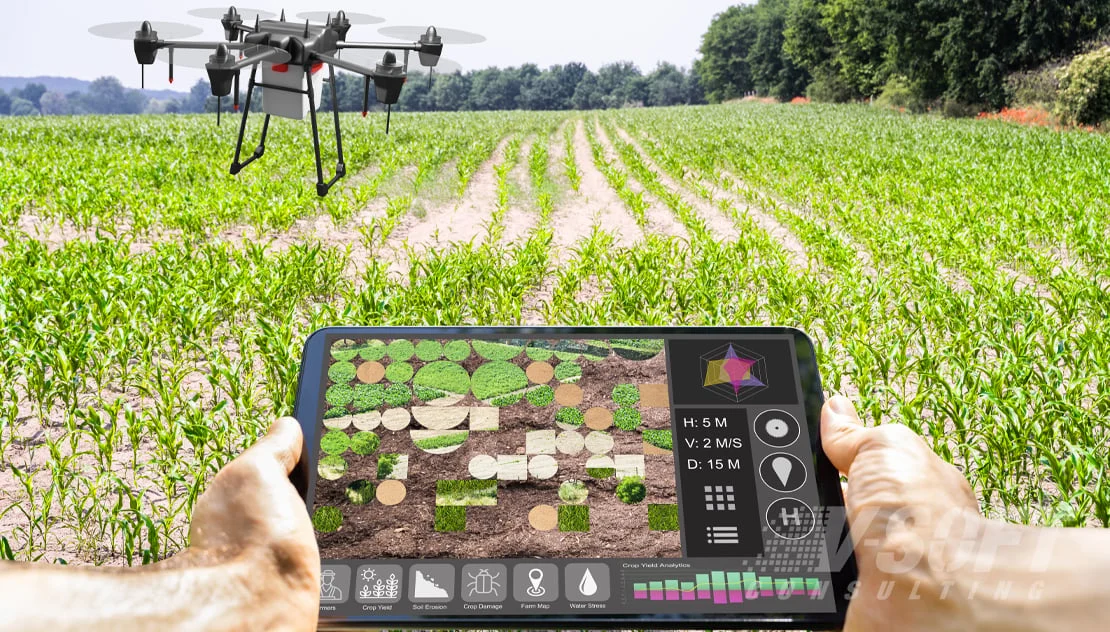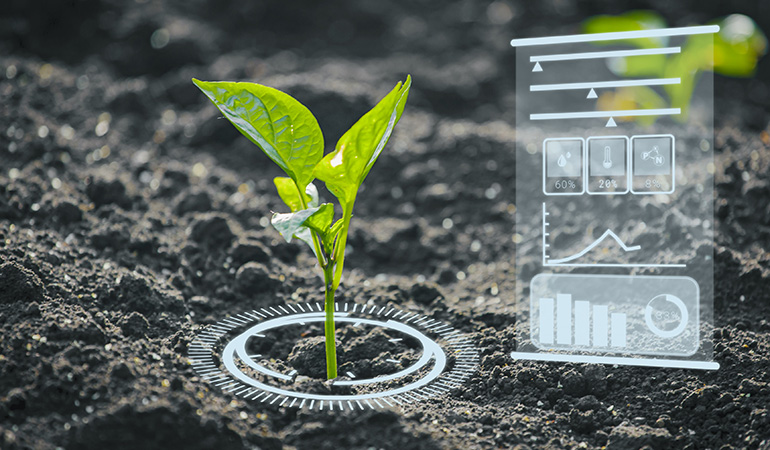Artificial Intelligence (AI) is rapidly transforming the agricultural sector. Understanding how AI is shaping farming practices and food production helps stakeholders embrace smarter, more sustainable agriculture.
What is AI in Agriculture?
AI in agriculture refers to the use of intelligent systems and technologies such as machine learning, computer vision, robotics, and data analytics to optimize farming processes, improve crop yields, and manage resources more efficiently.
How AI Works in Agriculture
AI systems in agriculture gather and analyze large sets of data from sources like soil sensors, drones, satellite imagery, and weather forecasts. By learning from this data, AI can make accurate predictions and provide actionable insights to farmers for better decision-making.
Key AI Applications in Agriculture
Precision Farming: AI helps in monitoring soil conditions, predicting weather patterns, and determining the best times to plant, irrigate, and harvest crops.
Crop Monitoring: AI-powered drones and sensors can detect plant diseases, pest infestations, and nutrient deficiencies in real-time.
Automated Machinery: AI-driven tractors, harvesters, and irrigation systems can operate with minimal human intervention, increasing efficiency.
Yield Prediction: Machine learning models analyze environmental and historical data to forecast crop yields accurately.
Smart Irrigation: AI optimizes water usage by analyzing weather and soil moisture data, reducing waste and conserving resources.
Benefits of Using AI in Agriculture
AI enhances productivity, minimizes resource wastage, reduces the use of chemicals, and improves food quality. It enables farmers to make faster, data-driven decisions and adapt to changing environmental conditions.
Challenges to Consider
AI in agriculture requires significant investment, reliable data, and technical expertise. Connectivity issues in rural areas can also limit the effectiveness of AI solutions.
Conclusion
The future of AI in agriculture holds immense potential for transforming food production and ensuring global food security. By combining AI technologies with sustainable farming practices, the agricultural sector can meet the growing demands of the world’s population while protecting the environment.







Leave feedback about this